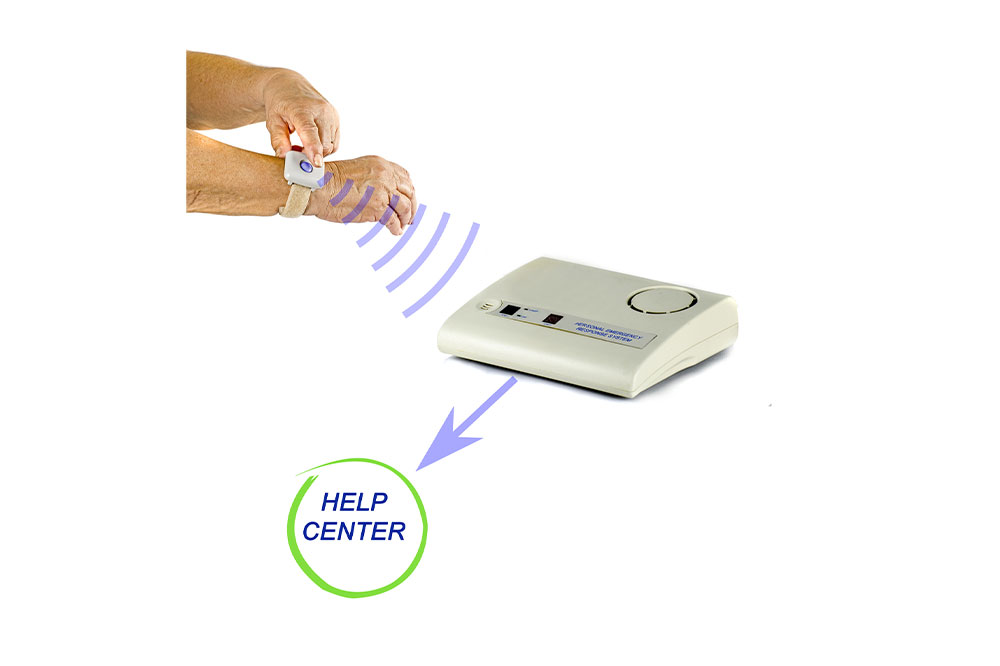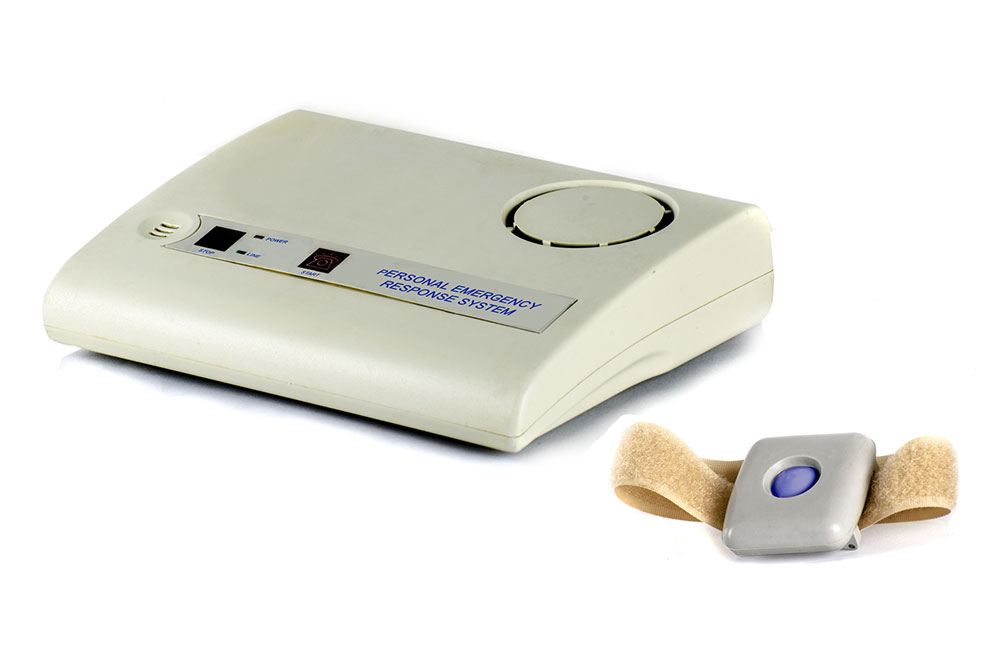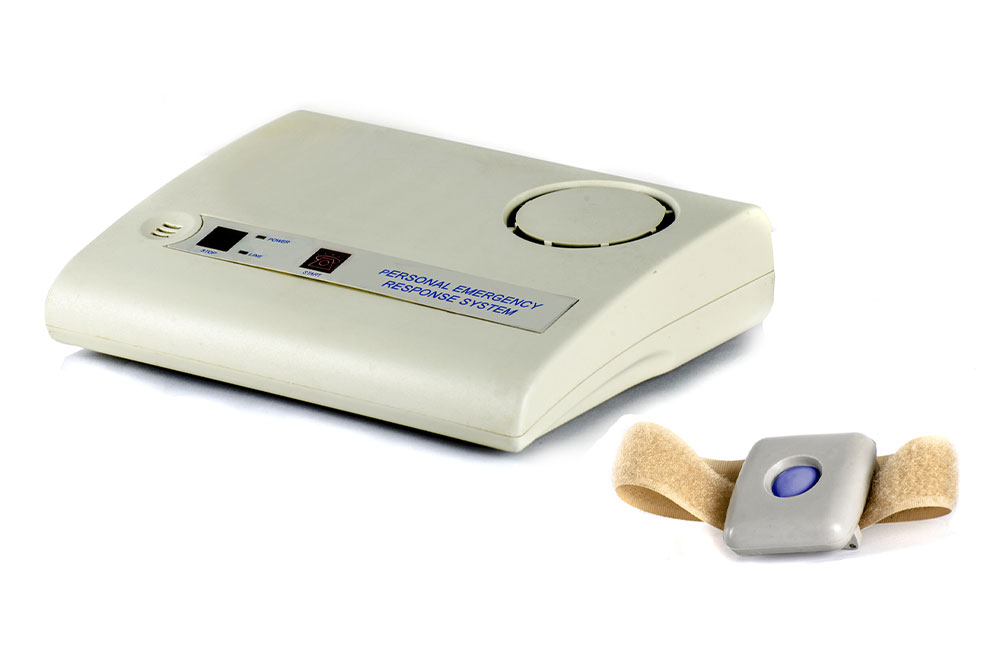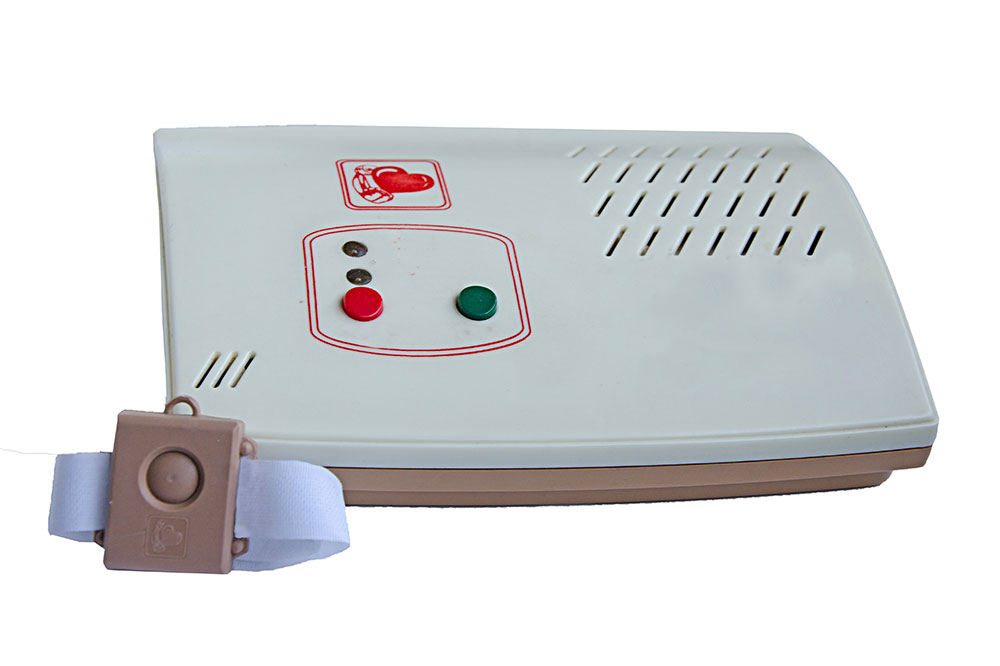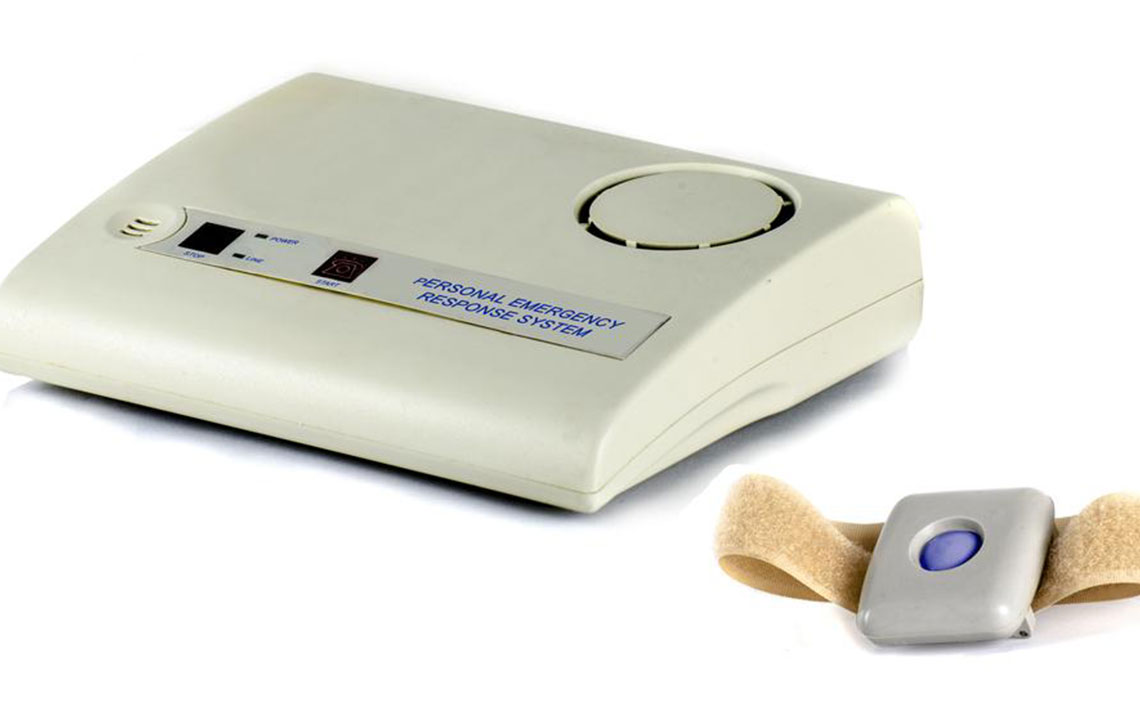Top FAQs About Medical Alert Devices for Seniors
Learn about essential FAQs for medical alert devices tailored for seniors. This guide covers home vs. mobile systems, monitoring options, fall detection features, and cost considerations, helping caregivers and seniors make informed choices about safety technology.
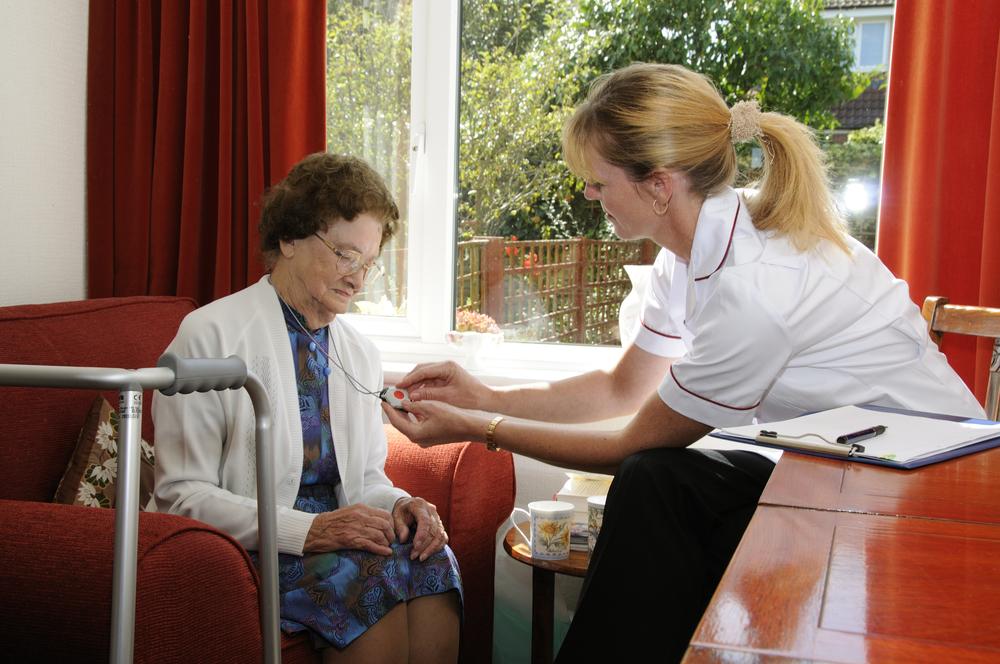
Top FAQs About Medical Alert Devices for Seniors
Common questions about medical alert systems answered
Medical alert devices are typically wearable, such as bracelets with a button that, when pressed, connects the user to emergency services. There are many brands offering different features and services for seniors. It's important to understand that each system varies in capabilities.
Selecting a device with the features you need is crucial. Continue reading to discover more about GPS-enabled medical alert systems and how to choose the best option for loved ones.
Should you opt for a home-based or mobile medical alert system?
When considering GPS-enabled alert systems, you can choose between stationary home systems or portable mobile ones.
Traditional systems are fixed at home, allowing direct communication with a dispatch center via a wearable call button. These are ideal for seniors who stay primarily at home.
For those who frequently go outdoors, a mobile system equipped with cellular connectivity and GPS is recommended. This helps track their location if they get lost or unable to communicate with responders.
GPS-powered devices enable real-time tracking, ensuring quick assistance when needed.
Monitored versus unmonitored systems—what to consider?
You can choose between systems monitored 24/7 by a dispatch center or those that aren’t constantly overseen.
Unmonitored devices allow users to contact pre-set emergency contacts directly when in need.
What should you know about monitored alert systems?
Monitored systems generally cost more due to the subscription fee covering continual monitoring services.
Additional costs like activation fees and contractual obligations may apply. Ensure you review cancellation and return policies before purchasing.
Is fall detection important when choosing a medical alert device?
Many modern devices offer fall detection for an added monthly fee, automatically alerting contacts if a fall occurs.
However, this feature can sometimes trigger false alarms, especially if the device is dropped accidentally or balance is lost momentarily.
Cost differences are significant, so weigh the benefits against potential drawbacks. If using the device temporarily, consider renting to save costs, which typically range from $29.95 to $89.95 monthly.
Understanding your needs will streamline your search for the right device. Compare top medical alert systems and choose a portable option that fits your budget and lifestyle.
Tag: GPS medical alert systems, senior medical alerts, senior alert system comparison, senior safety devices, best senior alert systems, portable alert devices, alert bracelets

